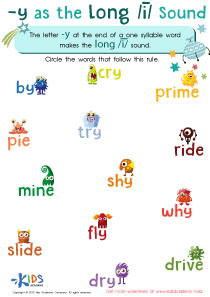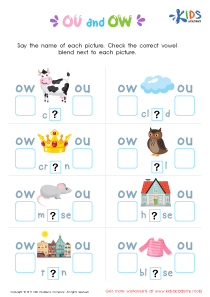Vocabulary expansion Short Vowels Worksheets for 8-Year-Olds
5 filtered results
-
From - To
Enhance your child's language skills with our engaging Vocabulary Expansion Short Vowels Worksheets designed specifically for 8-year-olds. These interactive worksheets focus on the short vowel sounds, helping children recognize, understand, and use new vocabulary effectively. Each activity encourages creativity and critical thinking, making learning fun and effective. Through games, fill-in-the-blanks, and matching exercises, students will reinforce their phonics skills and broaden their vocabulary. Perfect for classroom or at-home practice, these worksheets promote language development while keeping learners motivated and excited. Equip your child with essential language tools that lay the foundation for strong literacy skills. Start exploring today!
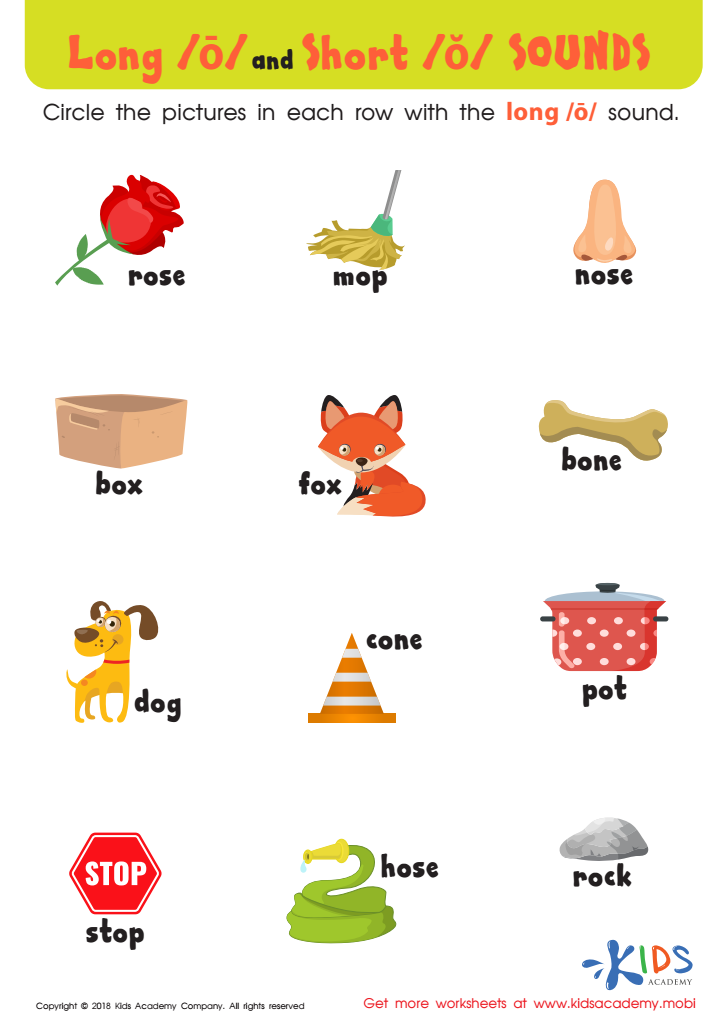

Reading: Long O and Short O Sounds Worksheet


Long and Short U Worksheet
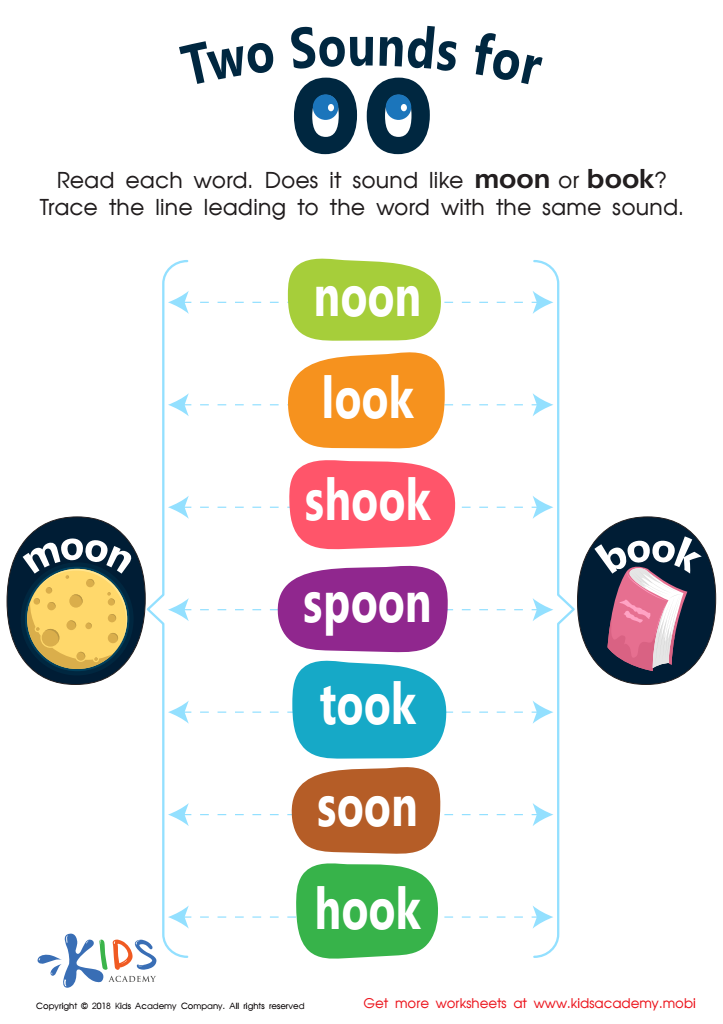

Two Sounds for OO Worksheet
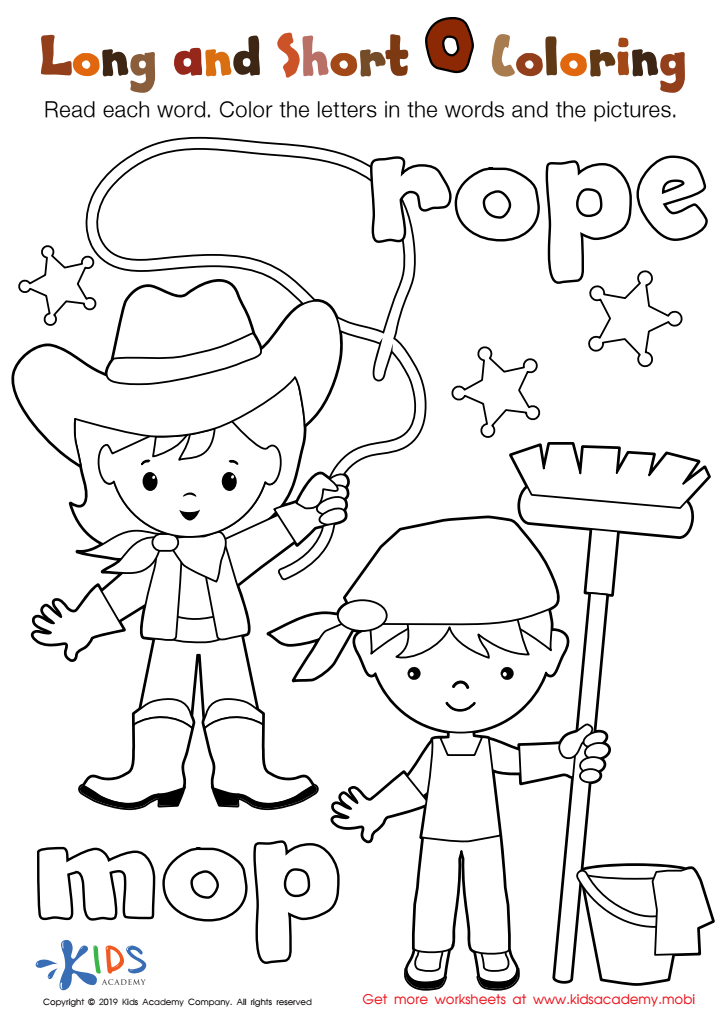

Long and Short O Worksheet
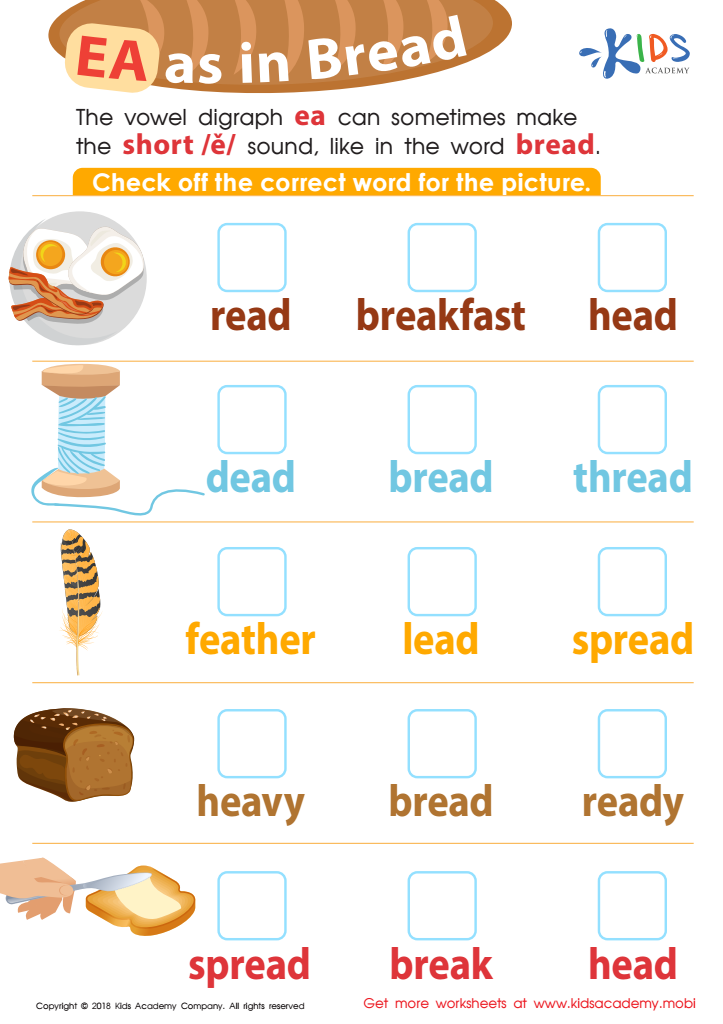

Reading: EA as in Bread Worksheet
Vocabulary expansion is critical for 8-year-olds, especially when focusing on short vowels. At this age, children are developing reading and writing skills that are foundational for their academic progress. Understanding short vowels—found in simple words like "cat," "bat," and "hat"—helps children decode and decode these words more efficiently, fostering reading fluency.
Parents and teachers should care about vocabulary expansion with short vowels because it directly impacts children’s literacy and communication skills. A robust vocabulary enhances comprehension, allowing children to understand what they read and engage in meaningful conversations. As they encounter new texts, a strong vocabulary helps them infer meanings, actively participate in discussions, and express their thoughts clearly.
Furthermore, vocabulary expansion related to short vowels encourages phonetic awareness, which lays a foundation for spelling and writing. Children equipped with a variety of words can learn to construct sentences better, enhancing their overall writing ability. Engaging in fun vocabulary-building activities, such as word games or storytelling, also nurtures a love of language, essential for long-term academic growth. Ultimately, prioritizing vocabulary expansion in this crucial stage contributes to a child’s confidence, competency, and enthusiasm for learning.
 Assign to My Students
Assign to My Students





